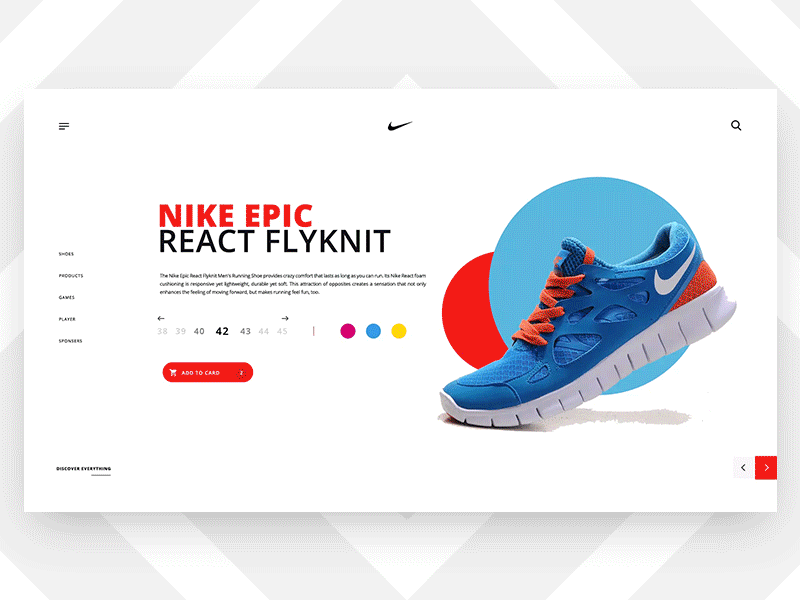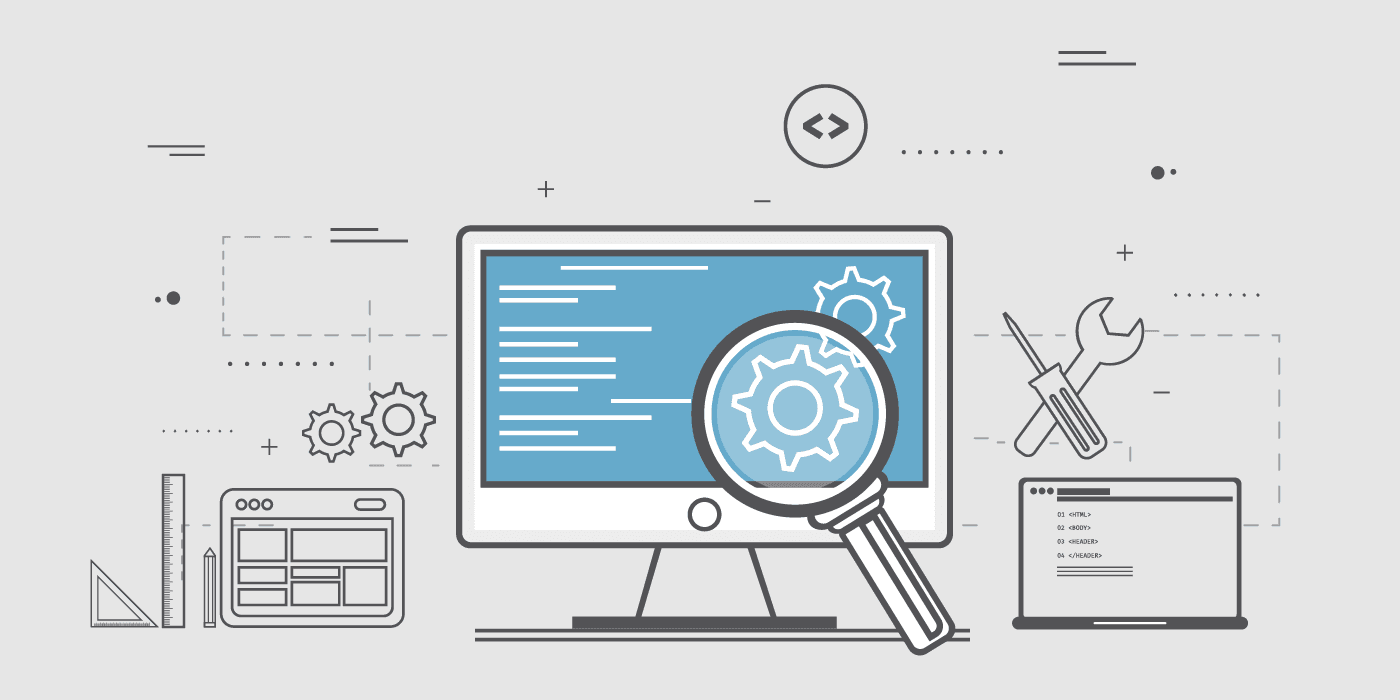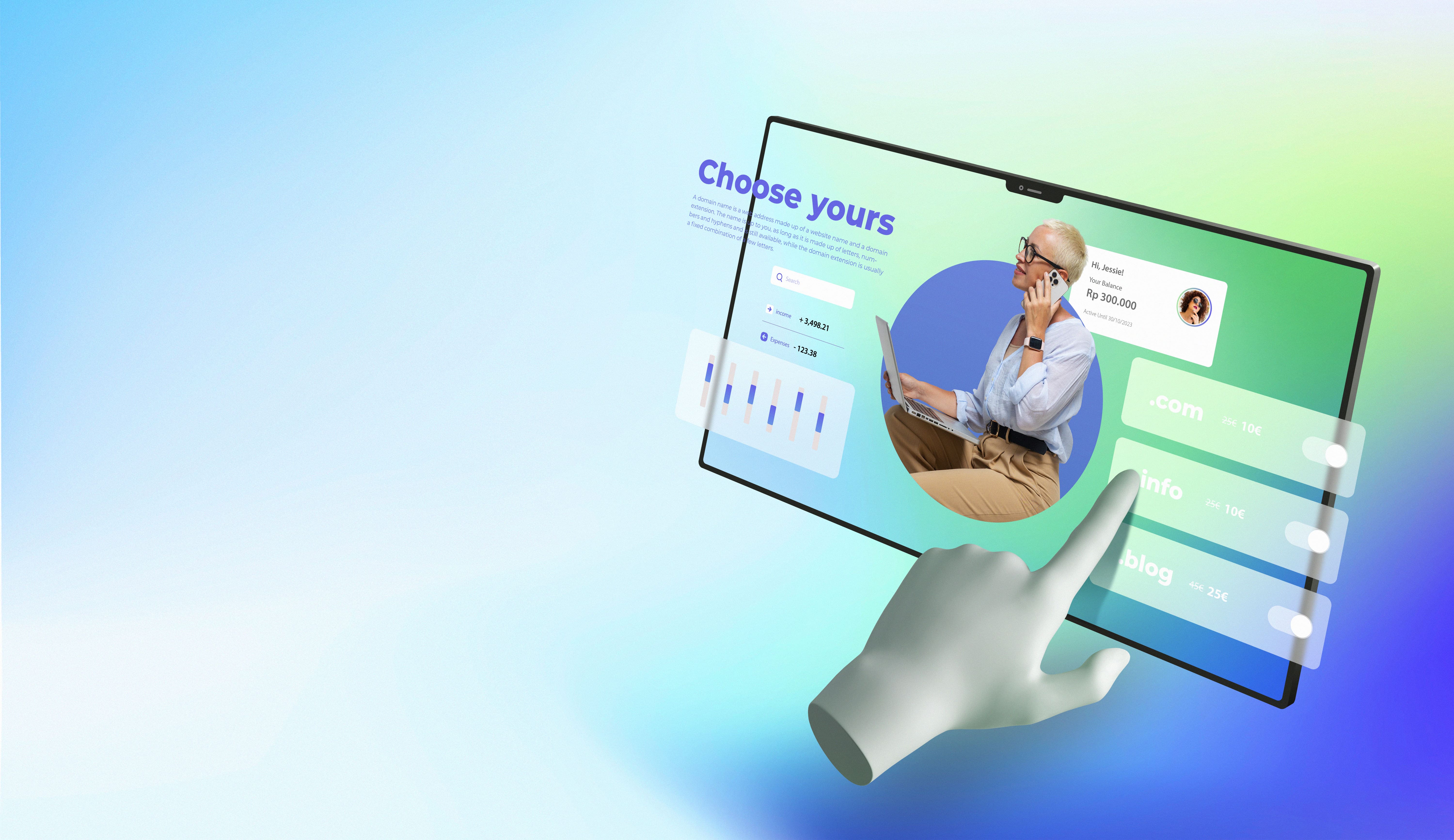In today’s digital world, your website is often the first interaction potential clients have with your brand. It’s your digital storefront, your virtual handshake, and your 24/7 salesperson. For business owners, marketers, and startup founders, understanding the web development process is paramount to creating a high-performing website that captivates, converts, and retains users. This guide will walk you through every step, from the initial concept to the triumphant launch, ensuring you’re equipped to build a standout online presence.
Ideation and Planning
Define Your Objectives
Every great website starts with clear objectives. Consider these key questions to set a strong foundation:
Purpose: What is the primary goal of your website? Is it to sell products, provide information, generate leads, or offer services?
Audience: Who are you trying to reach? Understanding your target audience is crucial for tailoring design and content.
Actions: What do you want visitors to do when they land on your site? Clear calls-to-action (CTAs) are essential for guiding user behavior.
Conduct Market Research
Market research is your compass in the vast ocean of web development. Analyze competitors to understand industry standards and identify gaps that your website can fill. Look at what works and what doesn’t in terms of design, functionality, and user experience.
Explore More: How to Conduct Market Research
Create a Sitemap and Wireframes
A sitemap outlines the structure of your website, showing how pages are interconnected. It’s like the blueprint of a house, ensuring everything is logically organized. Wireframes are skeletal layouts of your web pages, providing a visual guide for placement of elements such as headers, images, and CTAs.
Explore More: Creating Effective Sitemaps
Branding and Identity
Develop Your Brand Identity
Your website must be a true reflection of your brand’s identity. This encompasses your logo, color scheme, typography, and overall style. Consistency is key; a cohesive brand image builds trust and makes your business memorable.
Explore More: Brand Identity Development
Design Elements
Collaborate with a design agency NYC or hire a skilled graphic designer to craft visually stunning elements. These professionals can ensure your design is not only attractive but also aligned with your brand’s message and goals.
Explore More: Choosing a Design Agency

Content Creation
Craft Compelling Content
Content is the lifeblood of your website. It should be engaging, informative, and reflect your brand voice. High-quality content addresses your audience’s needs, offers solutions to their problems, and provides value.
Explore More: Creating High-Quality Content
Optimize for SEO
Search engine optimization (SEO) is crucial for driving organic traffic. Use relevant keywords naturally within your content, optimize meta tags, and ensure your site structure is search-engine friendly. Partner with experts from a branding and web design agency for effective SEO strategies.
Explore More: SEO Best Practices

Design and Development
Choose the Right Platform
Selecting the right content management system (CMS) is pivotal. Popular choices include WordPress, Shopify, and Wix. Your decision should be based on your specific needs—whether it’s ease of use, customization options, or scalability.
Explore More: Comparing CMS Platforms
Design and Prototype
Create detailed prototypes using tools like Adobe XD or Sketch. These interactive mockups help visualize the final product and allow for user testing and refinements before full development begins.
Explore More: Prototyping Tools

Development
Front-end and Back-end Development
Development can be divided into front-end (what users see) and back-end (server-side operations). Ensure your website is responsive, meaning it adapts seamlessly to desktops, tablets, and smartphones.
Explore More: Front-End vs. Back-End Development
Integrate Features and Functionality
Depending on your website’s purpose, integrate necessary features like e-commerce capabilities, contact forms, social media links, and more. Collaborate with a web design and development agency to implement these features effectively.
Explore More: Website Features to Consider

Testing
Conduct Thorough Testing
Before launching, extensive testing is vital to ensure everything works flawlessly. This includes:
Functionality Testing: Verifying all features operate as intended.
Usability Testing: Assessing the overall user experience and ease of navigation.
Performance Testing: Ensuring fast load times and smooth performance.
Compatibility Testing: Making sure the website is compatible across different browsers and devices.
Explore More: Website Testing Checklist

Launch
Plan Your Launch
A successful launch requires strategic planning. Announce the launch on social media, send email notifications to your subscribers, and consider promotional campaigns to create excitement.
Explore More: Launching a Website: Step-by-Step Guide
Post-Launch Activities
After the launch, continually monitor your website’s performance using analytics tools to track visitor behavior, conversions, and other key metrics. Regularly update your content and make improvements based on user feedback.
Explore More: Analyzing Website Performance
Conclusion
Building a successful website involves meticulous planning, creative branding, quality content creation, and rigorous testing. By following this step-by-step guide, you can ensure that your website not only meets your business objectives but also provides a seamless and engaging experience for your users.
For business owners, marketers, and startup founders, understanding these steps can demystify the web development process and empower you to create a high-performing website that stands out in the digital landscape. Partner with a brand identity design agency or creative firm to bring your vision to life and watch your digital presence flourish.

